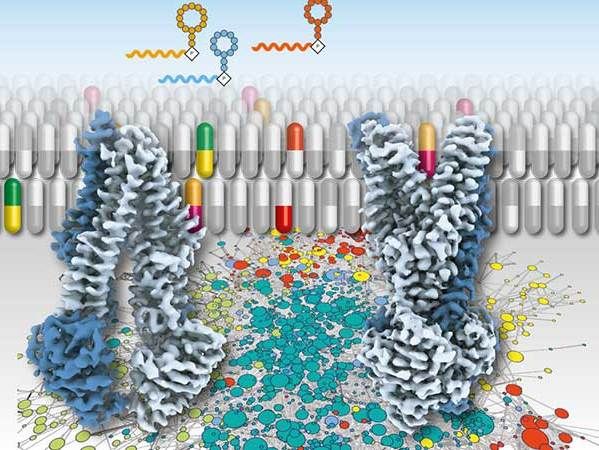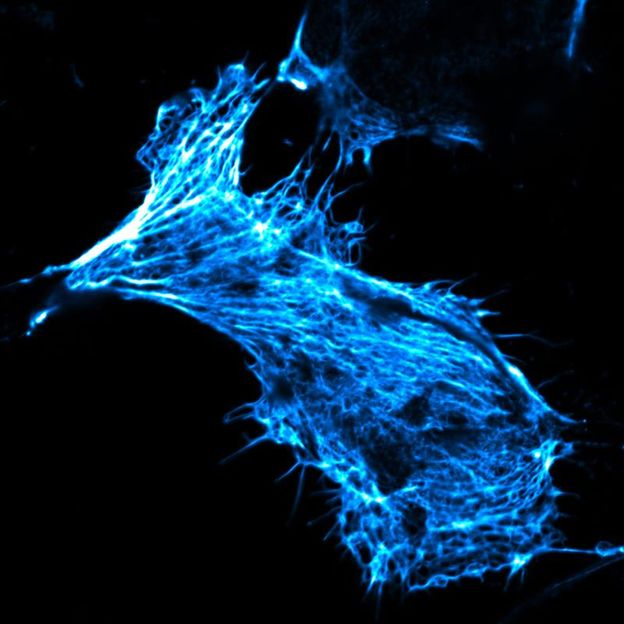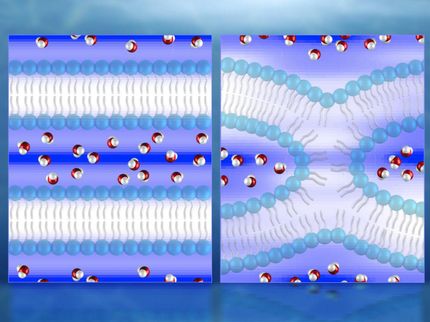A pentavalent inhibitor for cholera toxin
Research reports the first pentavalent inhibitor for cholera toxin that exactly matches the pentavalent structure of the cholera toxin binding domain.
Cholera still represents a serious health problem in areas of the developing world where there is a lack of clean water and proper sanitation. It causes an acute intestinal infection that in severe cases can be fatal.
An international collaboration of scientists developed an inhibitor based on the pentasaccharide GM1, which is the natural target ligand for the cholera toxin on cellular membranes of the infected hosts’ intestinal epithelial surface. Previous work has combined either pentavalent scaffolds with simpler sugars, or non-pentavalent scaffolds with GM1, but this is the first example of an inhibitor that is both pentavalent and uses the natural ligand for cholera toxin.
The scientists synthesised the inhibitor via enzymatic synthesis of GM1 and coupling to a calix[5]arene scaffold. Tests to determine the potency of the inhibitor showed it to have the highest relative inhibitory potency documented for cholera toxin inhibitors so far.
Most read news
Other news from the department science
These products might interest you

Hahnemühle LifeScience Catalogue Industry & Laboratory by Hahnemühle
Wide variety of Filter Papers for all Laboratory and Industrial Applications
Filtration Solutions in the Life Sciences, Chemical and Pharmaceutical Sectors

Hydrosart® Ultrafilter by Sartorius
Efficient ultrafiltration for biotech and pharma
Maximum flow rates and minimum protein loss with Hydrosart® membranes

Hydrosart® Microfilter by Sartorius
Hydrophilic microfilters for bioprocesses
Minimal protein adsorption and high flow rates

Sartopore® Platinum by Sartorius
Efficient filtration with minimal protein adsorption
Reduces rinsing volume by 95 % and offers 1 m² filtration area per 10"

Polyethersulfone Ultrafilter by Sartorius
Reliable filtration with PESU membranes
Perfect for biotechnology and pharmaceuticals, withstands sterilisation and high temperatures

Polyethersulfone Microfilter by Sartorius
Biotechnological filtration made easy
Highly stable 0.1 µm PESU membranes for maximum efficiency

Sartobind® Rapid A by Sartorius
Efficient chromatography with disposable membranes
Increase productivity and reduce costs with fast cycle times

Get the life science industry in your inbox
By submitting this form you agree that LUMITOS AG will send you the newsletter(s) selected above by email. Your data will not be passed on to third parties. Your data will be stored and processed in accordance with our data protection regulations. LUMITOS may contact you by email for the purpose of advertising or market and opinion surveys. You can revoke your consent at any time without giving reasons to LUMITOS AG, Ernst-Augustin-Str. 2, 12489 Berlin, Germany or by e-mail at revoke@lumitos.com with effect for the future. In addition, each email contains a link to unsubscribe from the corresponding newsletter.
Most read news
More news from our other portals
Last viewed contents
QIAGEN joins CANCER-ID consortium for liquid biopsy workflows - Public-private partnership aims to standardize and clinically validate blood-based biomarkers
Promosome LLC and Recopharma AB Announce Technology Partnership

In slow motion against antibiotic resistance - How novel therapeutics provide insight into bacteria membranes
Jeffrey W. Albers appointed President of Algeta US
MediGene and Will-Pharma Sign Agreement for the Commercialization of Veregen in Benelux






















































